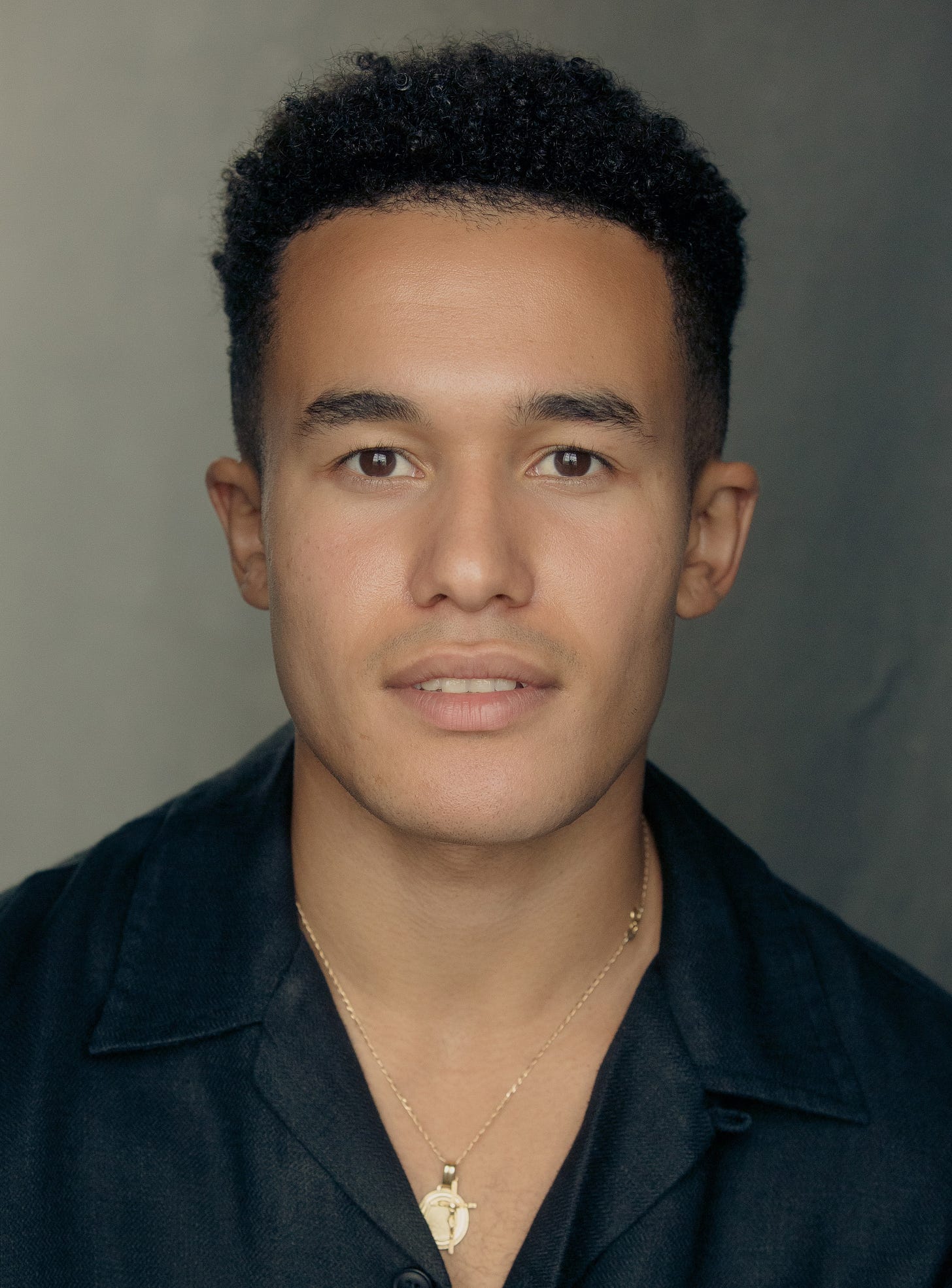Albert Magashi: “I am Black and I am Eastern European. I can be both”
The actor on finding his place, feeling unworthy and mixed fuckboys
Hi, welcome back to Mixed Messages! This week I’m speaking to actor Albert Magashi, who is of mixed Tanzanian and Bulgarian heritage. Albert is in the new cast of For Black Boys Who Have Considered Suicide When The Hue Gets Too Heavy, which recently returned to the West End after three sold out runs. Seeing six young Black men meet for g…


